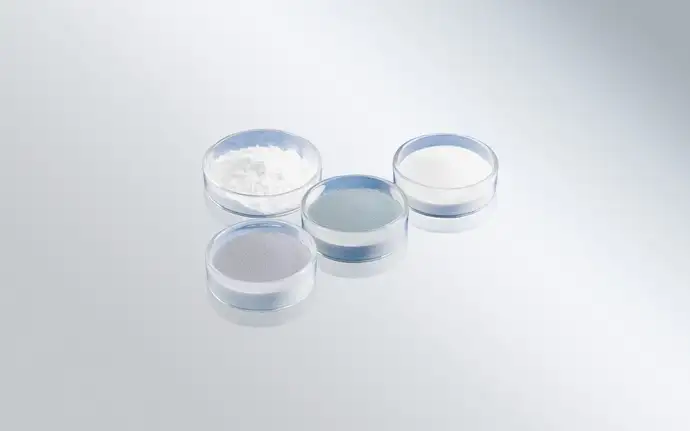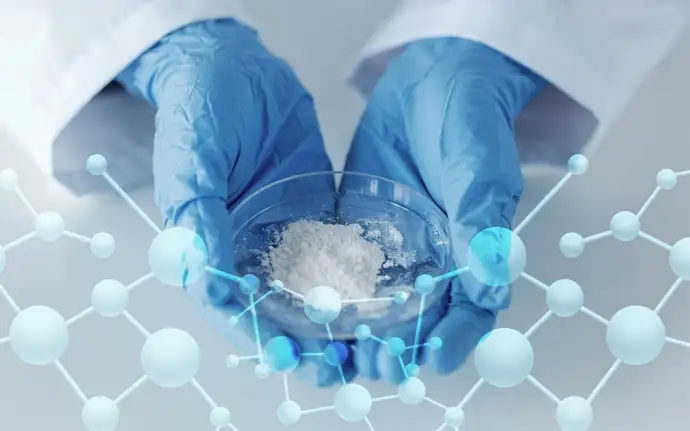Glass powder and particle technology
What is glass powder?
Also referred to as ‘glass frit’ or ‘glass flux’, glass powder is quenched glass that is milled down into very small particles, with a typical median grain size between 30 µm down to as fine as 0.1 µm. Customized sizes or distributions are also possible. Glass powder properties stem from the identity of the glass itself, as well as particle size and morphology. Depending on the composition, specialty glass powders can meet highly versatile requirements.Glass Powders: function and applications
A broad range of properties make specialty glass powders an extremely versatile material that serves a broad range of use cases and applications.
Sealing and soldering of metals, ceramics or glasses
When used to electrically insulate, seal or join different materials, one of the key aspects for a durably stable bond are the coefficients of thermal expansion (CTE) of the materials to be joined. Application examples include Glass-to-Metal Seals, high-temperature applications (for example, Solid Oxide Fuel Cells), opto-electronic and MEMS packaging, or sensor technology.
Functional materials
Nano- and macro-porous glass powders offer excellent absorption and separation capabilities, which are ideal for applications such as filtration, chromatographic separation, or as a carrier for liquids and active substances.
Inorganic fillers
Polymer-based materials can be enhanced with thermal stability or optical features, while glass can be enhanced with mechanical or chemical resistance features. Some glass types even have (re-)active properties, such as bioactivity or ion release. Application examples include dental restoration, cosmetics, medical and polymer composites.
Protection for semiconductor devices
For example, to passivate and encapsulate thyristors, power transistors and diodes, sinter glass diodes and rectifiers, and high-voltage devices.
Printing materials
Applications include glass-on-ceramic screen printing, silicon wafer passivation or sensor technology. Glass powders also offer interesting use cases for 3D printing of complex glass bodies – for example, dental applications such as tooth implants, crowns, or bridges.
Advantages: why glass powders can make the difference
Glass powders are used for a broad variety of intriguing material properties. When compared to organic, polymer- or silicone-based materials, the advantages and typical features include:
Supply formats
Glass powder can be sold 'as is' or further processed as sintered preform glass or glass pastes.Powders can be supplied using different manufacturing techniques, resulting in a broad product portfolio with different grain sizes, various particle size distributions, and customized morphologies. Grinding with extremely high purity levels is a special competency of SCHOTT. In addition, nano- or macro-porous glass particles are available as part of our portfolio. Value-added process steps such as surface treatment (for example, silanization) are also available.
Sintered preforms are pressed and sintered glass beads that can be supplied in an extremely broad variety of shapes and dimensions. Preforms are ready-to-use because they do not contain any binder. SCHOTT is a development and innovation partner for customers from various industries and offers customized preforms made from nearly all glass types.
Glass pastes consist of glass powder mixed with an organic binder and solvent. Featuring a defined viscosity, they are ready to be screen-printed or dispensed for sealing and over-glazing purposes.
Other formats are available on request. Special formats such as tapes/green sheets and special pastes can be developed and produced in cooperation with partners.
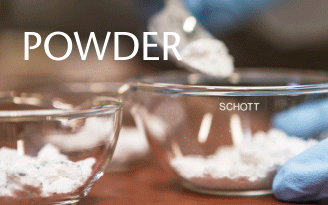
How glass powders are produced
SCHOTT controls the entire process chain from the development and selection of raw materials to grinding and further processing. More than 140 years of melting experience and the availability of different melting technologies enables excellent purity and batch-to-batch repeatability. Different grinding technologies also enable specific grain size distributions. SCHOTT continuously optimizes its grinding technologies, both in-house as well as with external development partners.Production process
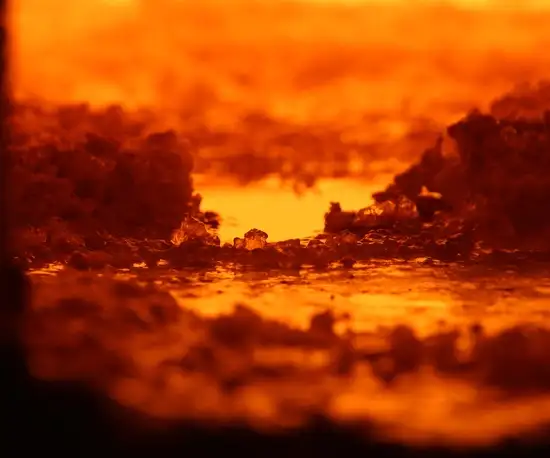
Glass development and melting
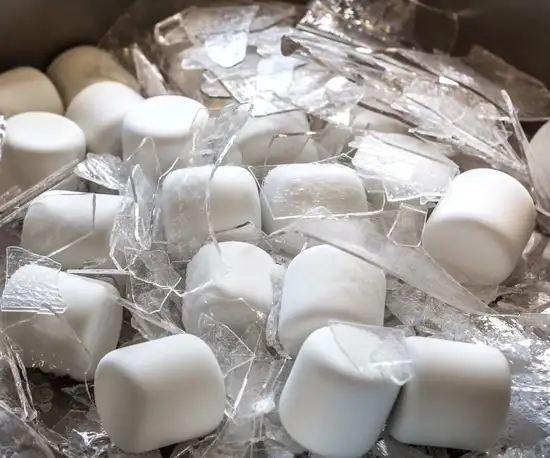
Grinding/milling
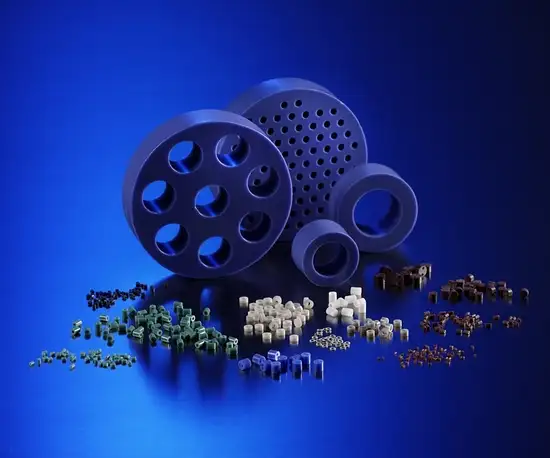
Processing
Why SCHOTT?
Experience the benefits of working with one of the most experienced suppliers and innovation leaders in high quality, high-purity glass powders. We offer first-class support for your developments, from simple modifications to unique new glass powders.
SCHOTT: Your reliable supplier for glass powder
With more than 80 years of experience in milling glass, we supply powders to a broad variety of industries for a range of applications, including:
- Automotive and Industrial Sensors
- Aviation & Aerospace
- Biotech
- Dental & Oral Health
- Energy (for example, Solid Oxide Fuel Cells, Batteries)
- Medical & Cosmetics
- Microelectronics (for example, Wafer Passivation)
- 3D Printing
Want to talk directly to an expert?
Let’s discuss how glass powder can be the perfect fit for your application.
